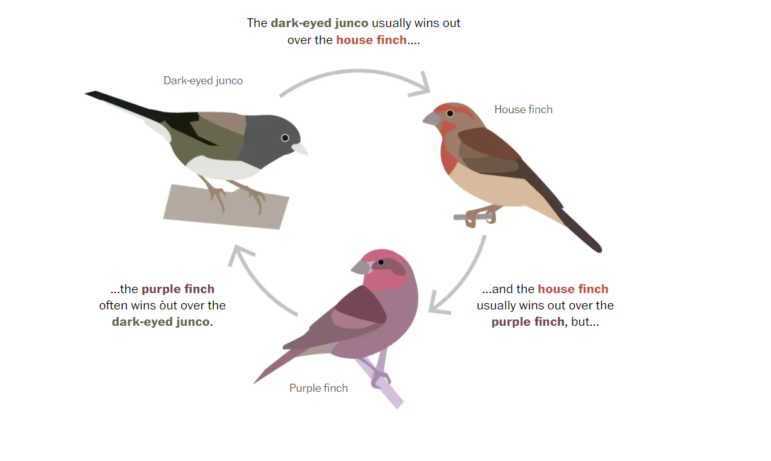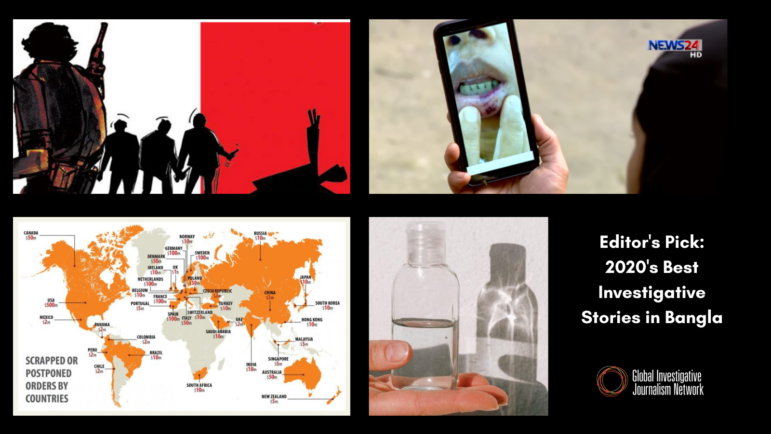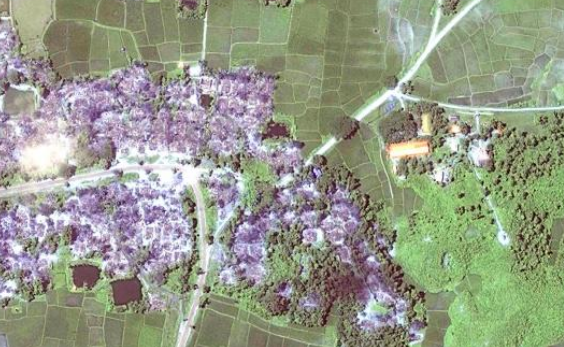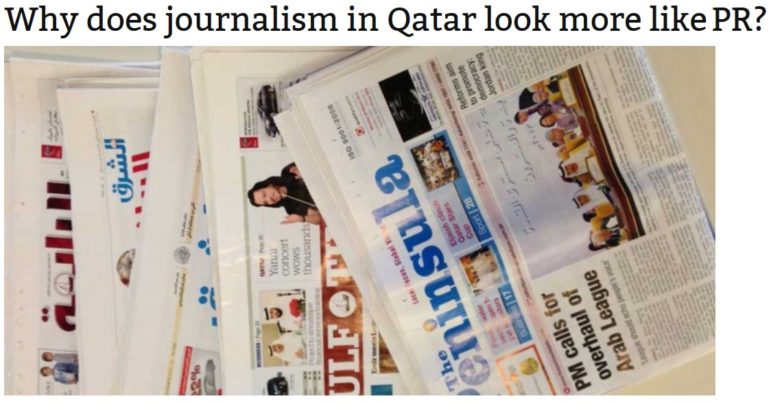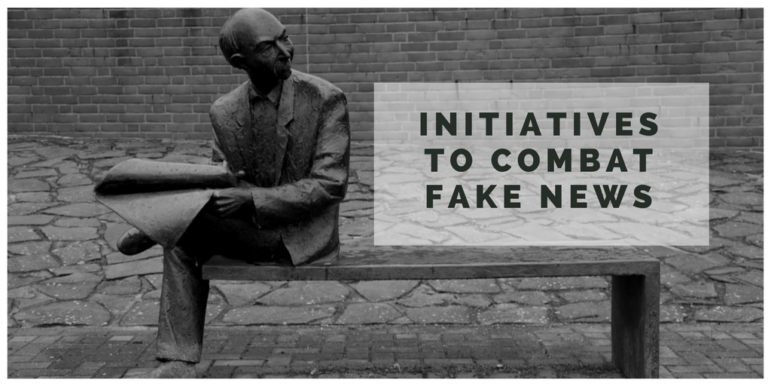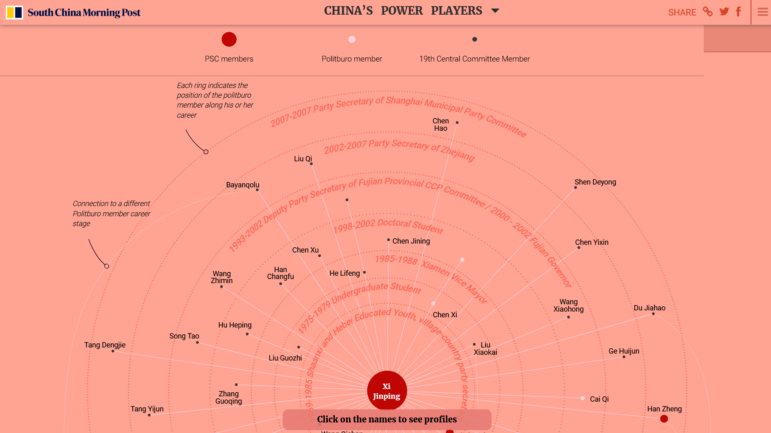
Data Journalism
Data Journalism Top 10: Connecting China’s Power Players, Tracking Russian Voter Turnout, Drawing the India-Pakistan Border, and Serena Williams’ Trailblazing Career
The workings of the Chinese Communist Party are shrouded in secrecy, but ahead of the party congress later this year The South China Morning Post published a detailed guide on the key power players. Also this week, an investigation into the arbitrary nature of military justice in the United States, an analysis of Russia’s election voter turnout using artificial intelligence, and charts celebrating Serena Williams’ tennis career.

